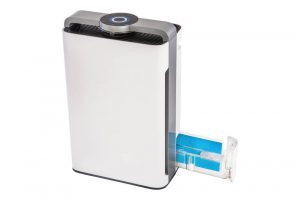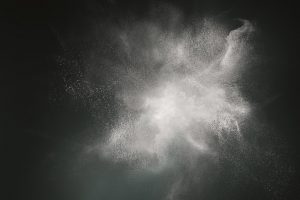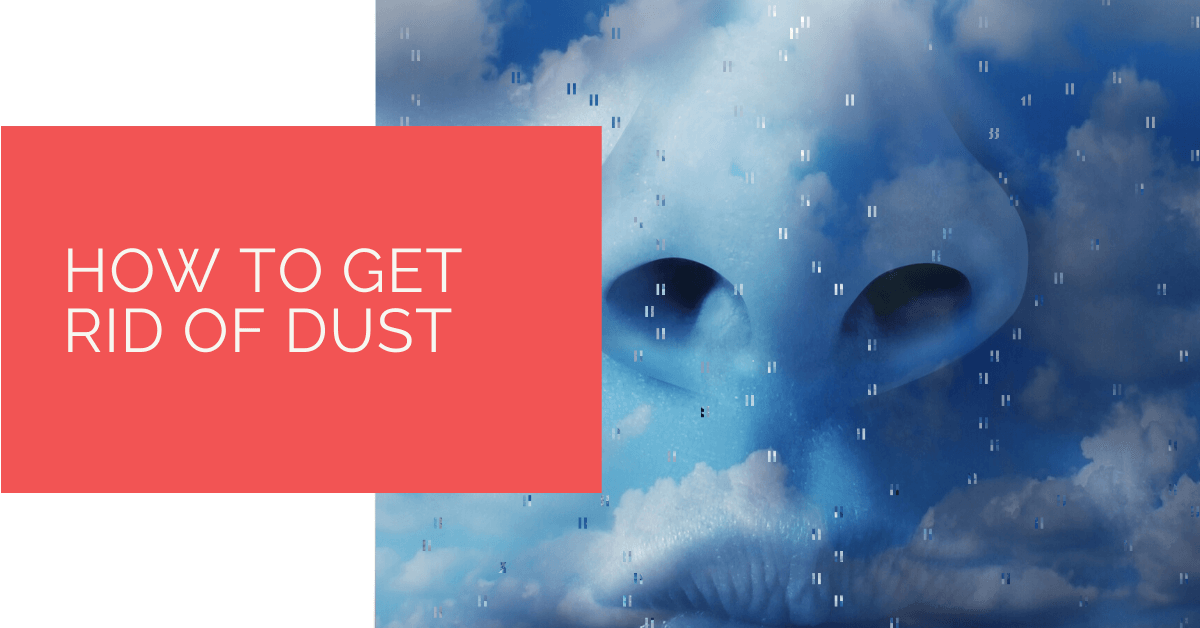Dust refers to the tiny particles of debris found in the air. It is small in size, and therefore, can be inhaled and even pose an immune reaction.
Dust is generated from various sources and activities. The most common natural source of dust is the erosion of soil, rocks, and sand. Other things, such as pollen, dead skin cells shed by animals, and microscopic organisms, also form part of the environment’s dust. There is also human-made dust, which is very common in urban areas.
Dust particles have different sizes ranging from visible particles to the invisible ones. If the particle is too small, it stays longer in the air and will travel for a longer distance. On the other hand, the large dust particles are not able to stay in the air for a long time, and hence, they are deposited close to where they are created.
Living in an environment with too many dust particles is not good for your health, especially if you have an allergic reaction to dust. Read on to learn more about dust.
Contents [show]
Key Takeaways
- Dust is composed of tiny particles in the air, which can have health implications, especially for those with allergies or sensitivities.
- To reduce dust in your living space, consider avoiding carpets, wiping surfaces regularly with microfiber cloths, and using air purifiers with HEPA filters.
- Dust particles vary in size, with the smallest being respirable and potentially harmful to the respiratory system. Proper dust control is essential for maintaining good indoor air quality and health.
How Can You Get Rid of Dust?
There are several dust solutions that you can use:
Avoid Carpets
As much as carpets will transform your home, they are not ideal because they easily trap a lot of dust. They are also high maintenance and will attract dust mites at a high rate.
If you are attached to carpets, you should consider investing in a vacuum cleaner with a high-efficiency particulate air (HEPA) filter, which prevents dust from getting into the air.
If you cannot afford to vacuum your carpet daily, consider other floor options such as vinyl or hardwood.
Wipe Surfaces Regularly
The other easy way to get rid of dust is to ensure you wipe your surfaces daily. Possibly use microfiber dusting cloths to do this. You can also dampen your cloth before cleaning because a damp cloth collects the dust instead of moving it around.
Air Purifiers
 If you are very sensitive to dust, investing in air purifiers is recommended. Air purifiers do a good job when it comes to filtering dust particles from the air.
If you are very sensitive to dust, investing in air purifiers is recommended. Air purifiers do a good job when it comes to filtering dust particles from the air.
When the air moves through the filters, the dust particles and pollutants are retained, and the clean air, which is devoid of the particles, is reintroduced into the living space. However, the purifier will not handle the dust mites because they are not airborne.
When purchasing the air purifier, ensure you utilise the HEPA (High-Efficiency Particulate Air) filters. They are efficient and will help reduce the air particles to a high degree. Effective HEPA filters can remove up to 99% of airborne particles. Your asthma problems will reduce when you invest in an effective air purifier.
Please check out our list of best air purifiers and reviews to compare the top air purifiers available.
What Is Dust?
The tiny particles of debris and dead skin found in the air are referred to as dust. It is almost impossible not to notice dust in your home. Dust is also a carrier of viruses and other infections, a reason you need to be more careful.
Dust can either come from indoor sources or outdoor sources. Indoor dust is made up of things found in your home, such as paper fibres, food particles, and animal hair. Outdoor dust is made up of several things, such as soil particles, pollen, and insect follicles.
What Are The Dangers Of Dust?
Dust makes people feel uncomfortable. Accommodating too much dust in your space area is not recommended because it causes so many problems.
Health Problems
First, dirt becomes the ideal breeding place for allergens and insects. When you ingest these particles unknowingly, there is a chance that you may get allergic reactions or even become sick.
 Most people are also sensitive to dust because dust particles tend to irritate the respiratory passages.
Most people are also sensitive to dust because dust particles tend to irritate the respiratory passages.
When you develop an allergic reaction to dust allergens such as mould spores, the allergens trigger a histamine response. The dust allergens cause issues such as asthma attacks, dermatitis, wheezing and bronchial infections.
The dust may also contain harmful chemical particles such as pesticides which, when inhaled, pose long term health effects.
Also, note that breathing air with a high concentration of dust for a long time reduces lung functionality, and may even cause disorders such as chronic bronchitis.
HVAC Problems
If you have an HVAC system with a filter, you may have to do regular maintenance if the dust enters the system through the ductwork.
When the dust accumulates and builds up in the HVAC components, you will have to do regular cleaning and maintenance, which becomes costly in the long run.
Note that when dust collects in your home’s ductwork, it contributes to poor air circulation. Eventually, you will have to contend with poor air quality. Sometimes buildup of this dust also attracts the growth of moulds. Your can test the quality of your air with an air pollution monitor.
Can You See Dust Particles?
Dust particles vary in size, and this determines their visibility level. The respirable dust particles are the smallest and most common type of dust. Their size is equal to or less than 5 microns. It is, therefore, tough to see these dust particles. They are considered harmful since they can get into your lungs easily, without you even noticing.
Heat Pump Source: Reliable Heating and Cooling Solutions
At Heat Pump Source, we take pride in our unwavering commitment to serving the UK with top-tier HVAC solutions. From the efficiency of heat pumps and the cool relief of air conditioning to the warmth of boilers, radiators, and underfloor heating, our dedicated team is always at the forefront of innovation. We understand the unique needs of every household and business, and we strive to provide dependable health and cooling products and services that are tailored just for you. Ensuring your comfort and satisfaction is our utmost priority. Whether you have questions, need guidance, or require support, we’re always here to assist. Please don’t hesitate to contact us; we’re eager to be of service.
Conclusion
Dust particles are normal. However, you need to control the amount of dust that accumulates in your home. You don’t want to start experiencing respiratory problems as a result of too much exposure to dust.
About the Author
At Heat Pump Source, our articles are the product of a collaborative effort among a team of highly skilled HVAC experts. Our dedicated professionals, hailing from diverse backgrounds in heating, ventilation, air conditioning, and refrigeration, contribute their extensive knowledge and experience to every piece of content. This multidisciplinary approach ensures comprehensive coverage. Our commitment is to deliver authoritative, reliable, and tailored advice to meet the unique needs of every household and business across the UK.

